Building trust from ruins: Lessons from Azerbaijan’s Karabakh revival Article by the Jerusalem Post
The Israel-based newspaper The Jerusalem Post has featured an article by Roman Gurevich, Honorary Ambassador of the Jewish Agency in Baku, highlighting Azerbaijan’s expertise in post-conflict reconstruction. Caliber.Az reprints the piece.
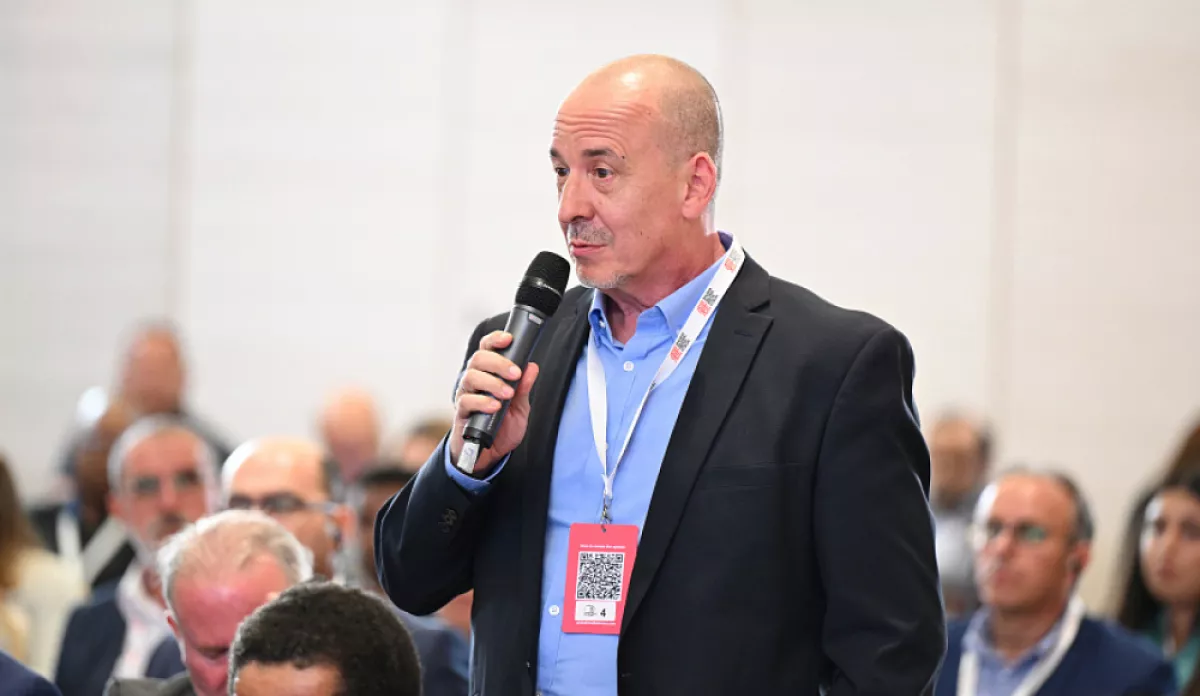
“In the aftermath of the tragic events of October 7, the Hamas massacre in the south, and months-long Hezbollah rocket attacks in the north, Israel faces some of the gravest internal challenges in its recent history.
Several once-thriving regions lie in ruins.
Reconstruction is underway, yet its pace and organization raise pressing questions. In such a reality, it is vital to explore and analyze the experience of other countries that have dealt with large-scale devastation and post-conflict transformation.
I recently returned from Azerbaijan, the country where generations of my family were born and lived. Azerbaijan is a state with which Israel is building increasingly close strategic ties.
And today, I believe Azerbaijan offers a valuable and practical model, both in post-conflict recovery and in the realms of societal resilience and foreign policy.
Post-war recovery: The Karabakh experience
For nearly three decades, about 20% of Azerbaijan’s territory remained under the control of Armenian armed forces.
Following the restoration of sovereignty in 2020, the country faced an immense task: reintegrating the liberated regions, rebuilding devastated infrastructure, and ensuring the return of citizens to their homeland.
The state’s response was not only swift but strategically comprehensive. Within the first months, the government launched the “Great Return,” a national program integrating the efforts of central and regional authorities, engineering services, and the private sector.
In record time, three international airports were constructed, hundreds of kilometers of highways and tunnels were laid, electrification projects commenced, and railway development began.
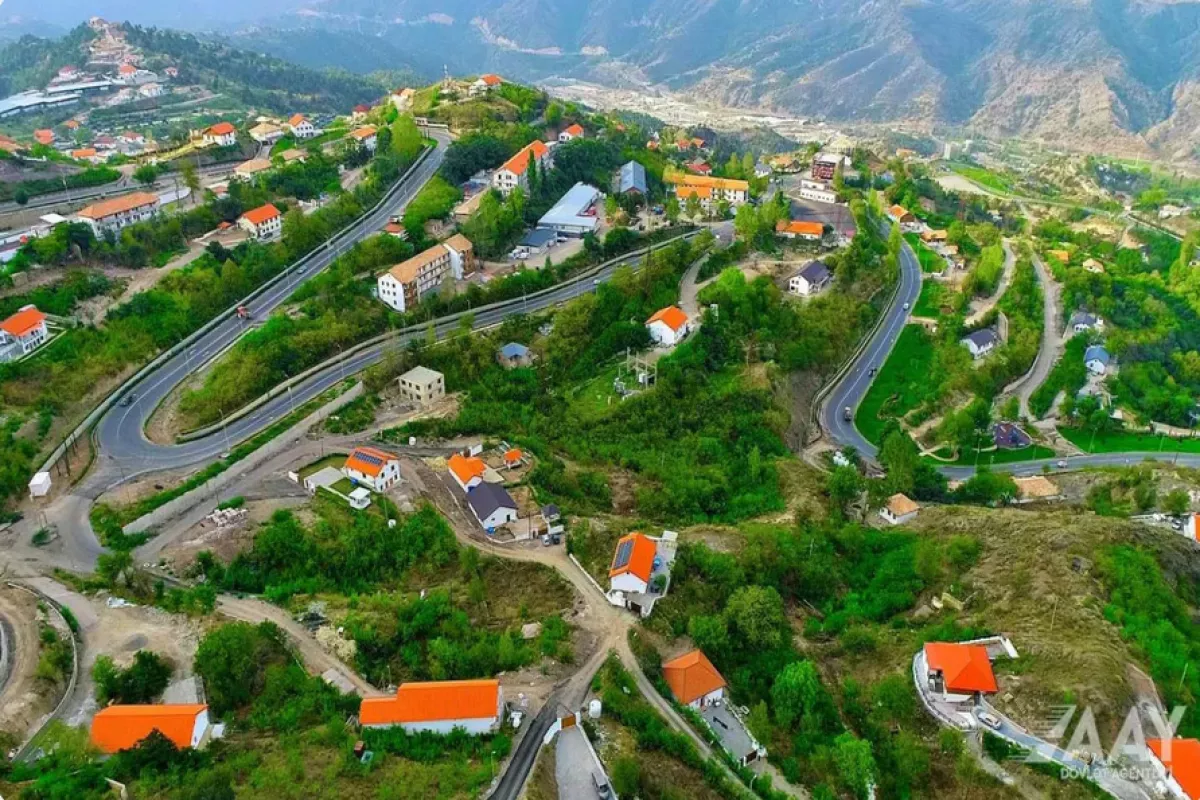 New towns, industrial zones, schools, hospitals, and universities are rising from the ruins. Karabakh is becoming more than a rehabilitated territory; it is emerging as a symbol of forward-looking development.
New towns, industrial zones, schools, hospitals, and universities are rising from the ruins. Karabakh is becoming more than a rehabilitated territory; it is emerging as a symbol of forward-looking development.
Over 10,000 Azerbaijani citizens have already returned to their homes. The total volume of state investment in the region exceeds $20 billion.
Notably, Azerbaijan made a principled decision to avoid external loans or international borrowing, to retain full control over the process and avoid dependency on foreign donors.
This policy underscores the country’s strategic independence and confidence in its own capabilities. In a world plagued by volatility, Karabakh demonstrates how post-conflict zones can be rebuilt, given political will, consistent governance, and national consensus.
For Israel, where large areas also require rehabilitation after October 7, this experience could be especially instructive. The creation of a centralized reconstruction authority, a focus on infrastructure modernization, and prioritizing the return of displaced residents are practices that deserve close examination and potential adaptation.
A model of tolerance and secular multiculturalism
Azerbaijan represents a rare modern example of a state where religious tolerance, cultural diversity, and secular governance are not only compatible but institutionally enshrined.
For centuries, a tradition of respectful coexistence among various ethnic and religious communities has taken root in the country. Today, this model is supported not only by historical memory but also by a deliberate state policy.
The constitutionally enshrined secular nature of the state, legal guarantees of religious freedom and interfaith equality, and a robust societal consensus on multiculturalism together form the social fabric of the modern Azerbaijani Republic.
The attitude toward the Jewish community offers a vivid example. Jews have lived in Azerbaijan for centuries, not as a diaspora, but as an integral part of society. Even as antisemitism rises in parts of the Western world, Azerbaijan remains a space of stability and respect for the Jewish people.
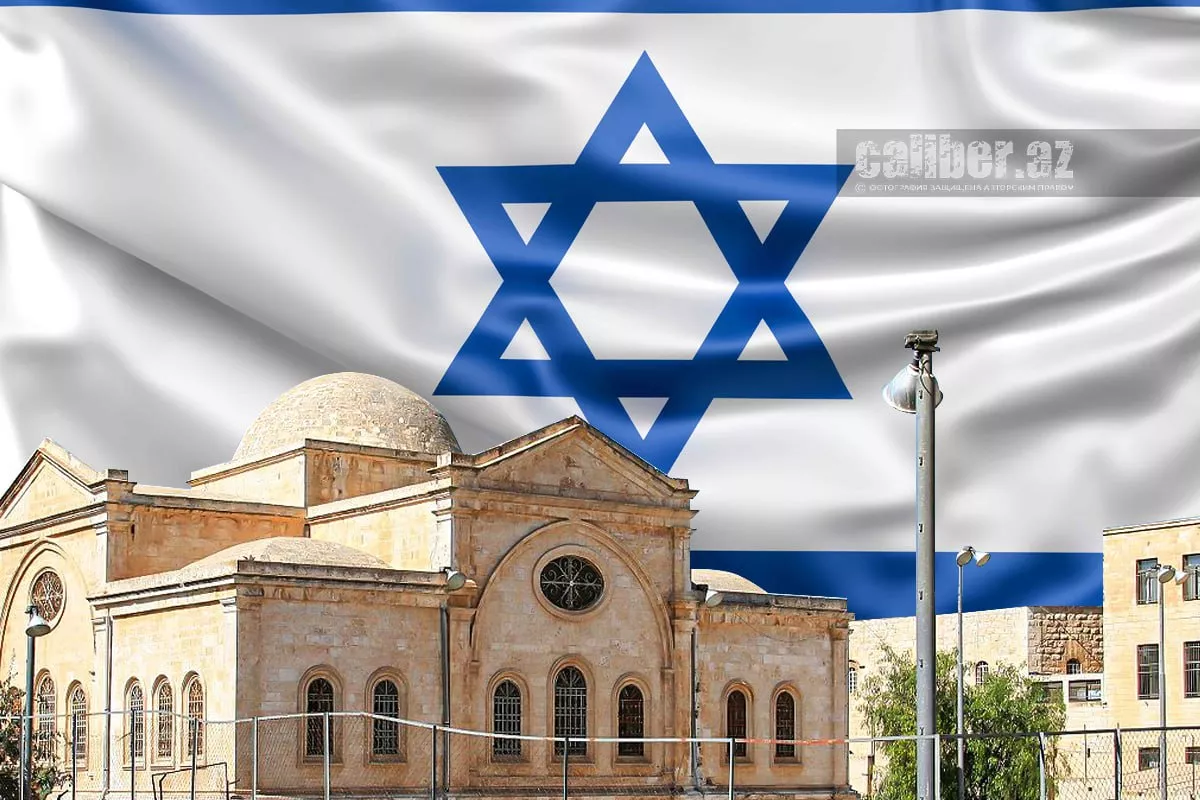
A deeply symbolic and personal gesture came in the wake of October 7, when ordinary residents of Baku brought flowers and lit memorial candles at the Israeli Embassy, expressing heartfelt solidarity and sympathy.
This spirit of tolerance extends far beyond the Jewish community. In central Baku, churches, mosques, and synagogues operate side by side.
The state supports the preservation of religious heritage sites, organizes interfaith conferences, and funds cultural initiatives for all ethnic groups, from Russians and Lezgins to Talysh and Georgians.
The public space also reflects this ethos. One striking example is the winter holidays: the streets of Baku sparkle with New Year decorations, Santa Claus parades are held, and secular music fills the air.
Visitors from Europe often express surprise: how can a Muslim-majority country foster such a secular and festive atmosphere? The answer is simple: Azerbaijan is Muslim in culture, but secular in spirit, and this is a source of strength.
Diversity is not perceived as a threat to national identity; it is integrated into the national concept. These values are implemented not only in rhetoric but also through school curricula, state-funded cultural institutions, and legislative initiatives.
As a result, Azerbaijan demonstrates not only internal stability, but also offers a working model for other multiethnic societies struggling with xenophobia, polarization, and rejection of the “other.”
Tolerance as a diplomatic asset
The principles of respect, balance, and dialogue, deeply rooted in Azerbaijan’s domestic policies, also underpin its foreign policy.
In a world of geopolitical turbulence, great power rivalries, and regional conflicts, Baku has cultivated a diplomacy based not on coercion or ideological export, but on trust, pragmatism, and the ability to listen.
Azerbaijan’s geographical location, bordering Russia, Iran, Türkiye, and the Caspian, requires acute diplomatic sensitivity.
But this complexity has enabled Azerbaijan to become a platform for frank, safe dialogue between states in conflict or mutual distrust.
In Israel, it is well known that Baku has hosted confidential negotiations between representatives of Israel and Türkiye, and even Israel and Syria.
It is likely that Baku continues to serve as a venue for discreet diplomatic dialogue. These processes unfold with minimal publicity, precisely because of the trust placed in Azerbaijan’s leadership as a balanced and reliable partner.
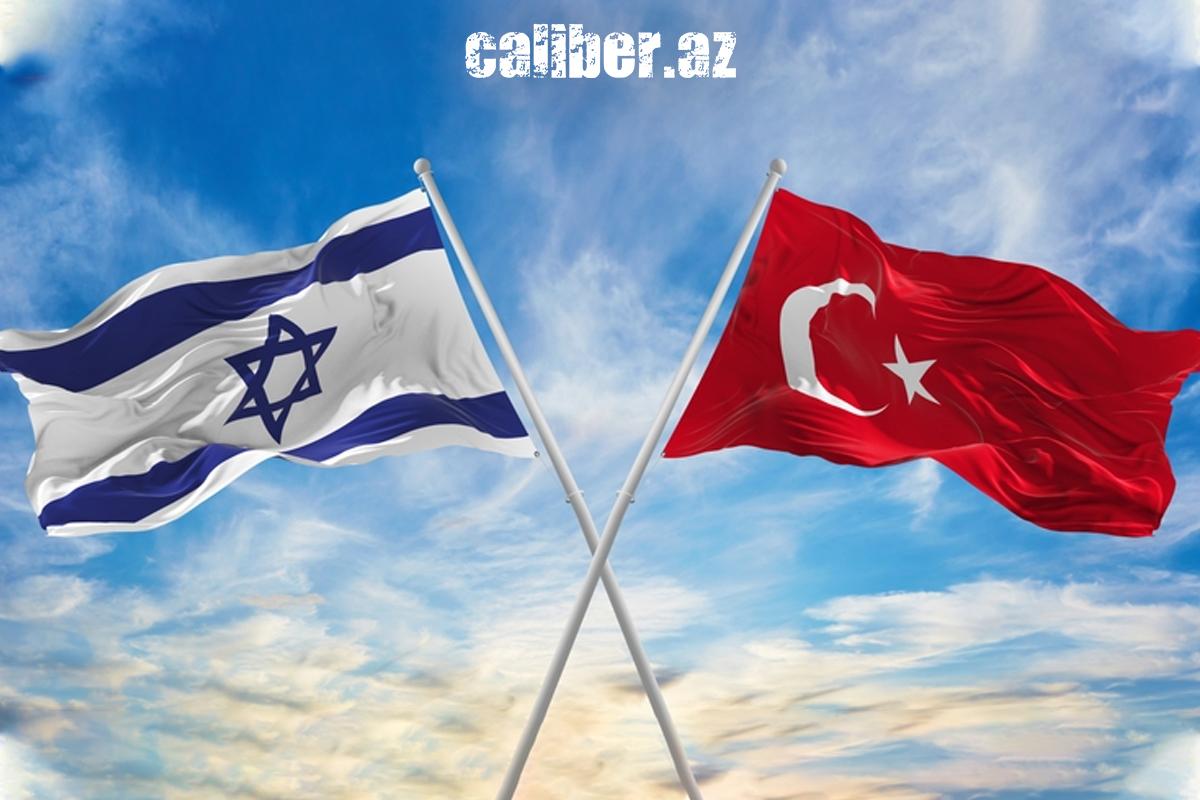
A defining feature of this diplomacy is its lack of ideological pressure. Azerbaijan does not impose its model, nor does it seek to act as arbiter. Instead, it offers a neutral space where the key preconditions for meaningful dialogue are respected: security, mutual respect, and freedom from external coercion.
At a time of growing radicalization and diplomatic gridlock, the Azerbaijani model proves that even under intense geopolitical pressure, it is possible to maintain autonomy, composure, and the trust of others. This is 21st-century diplomacy, not based on show of force, but on an institutionalized culture of respect.
A vision: The Baku Academy of International Diplomacy
Given Azerbaijan’s success in internal resilience and external diplomacy, the next logical step could be the institutionalization of its experience through the creation of an International Academy of Diplomacy in Baku.
Such a center could serve as a global platform where diplomats, experts, and civil leaders from various countries acquire skills in negotiation across cultural, political, and geopolitical divides.
Its unique focus would lie not only in formal international law, but in the practice of trust-based diplomacy: building communication channels, simulating conflict negotiations, and fostering intercultural dialogue. Effective engagement not through sameness, but through difference.
The academy could offer a modular curriculum: from foundational courses for young diplomats to advanced training in conflict mediation, energy diplomacy, and countering extremism and xenophobia.
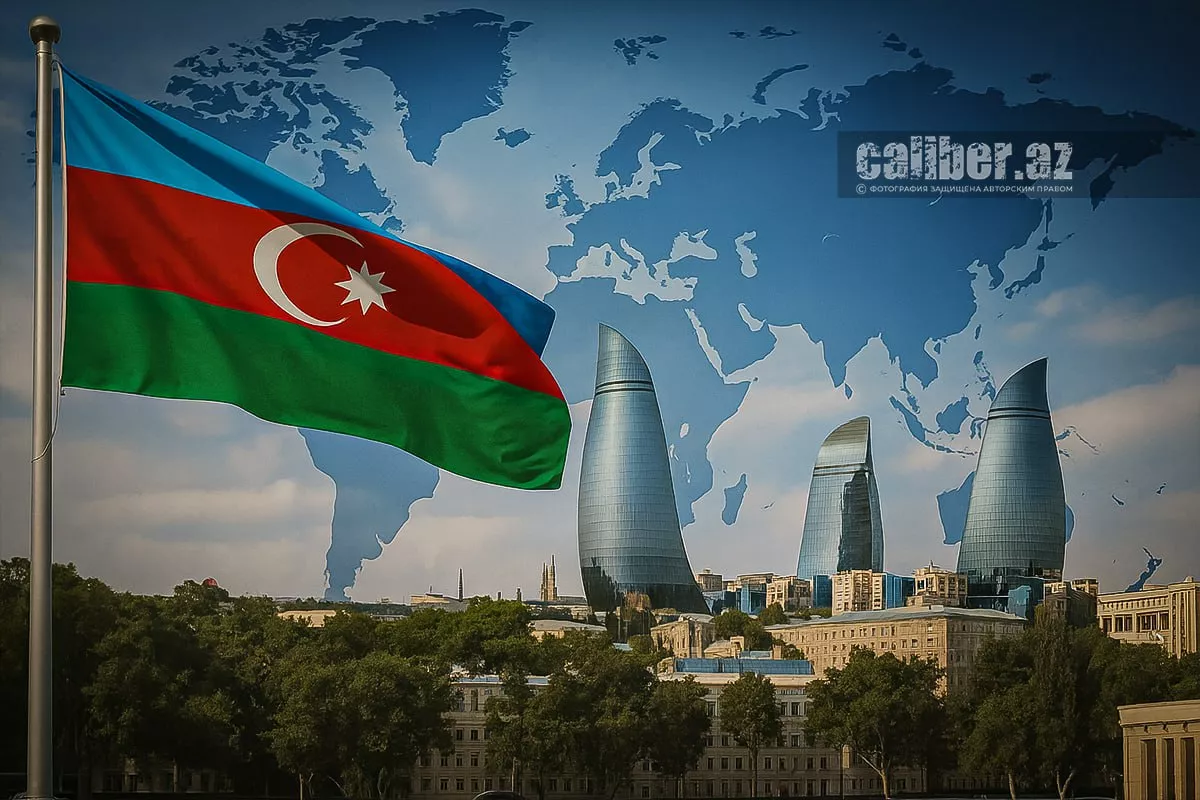
One of its key departments could focus on combating antisemitism, not as an isolated issue, but as part of a global strategy for creating societies resilient to hatred, disinformation, and ideological radicalization.
Such institutions already exist elsewhere, like the Geneva Centre for Security Policy, the Hague Academy of International Law, and the Nansen Dialogue in Norway.
However, there is no comparable, neutral platform bridging East and West that offers such a pragmatic and wide-reaching approach. Baku, with its reputation as an open and trusted regional actor, could fill this gap.
Support from international organizations, including the UN and the Organization of Economic Cooperation, as well as partnerships with diplomatic institutions from the EU, US, Turkey, Israel, India, and others, could turn this from a national project into a next-generation international platform.
In the long run, this academy would become not only an educational hub but a strategic resource: a place where the foundations of future agreements are laid, a new culture of cooperation is fostered, and practical models of peaceful coexistence in a multipolar world are refined.
Foreign policy rooted in respect, balance
In a world increasingly marked by conflict, intolerance, and the erosion of trust, Azerbaijan offers a model of stable internal development, pluralism, and foreign policy rooted in respect and balance.
Its path deserves close attention because it offers what is most needed today: an example of coexistence without conflict, national revival without dependency, firmness without aggression.
For Israel, enduring a period of profound crisis and in search of models for reconstruction and social cohesion, this experience holds particular relevance. Not as a blueprint for imitation, but as a source of proven solutions developed under pressure, crisis, and post-conflict challenges.
Where trust disappears, war begins.
Where trust is built, the future begins.
Azerbaijan proves that trust and tolerance are strategic assets.”








